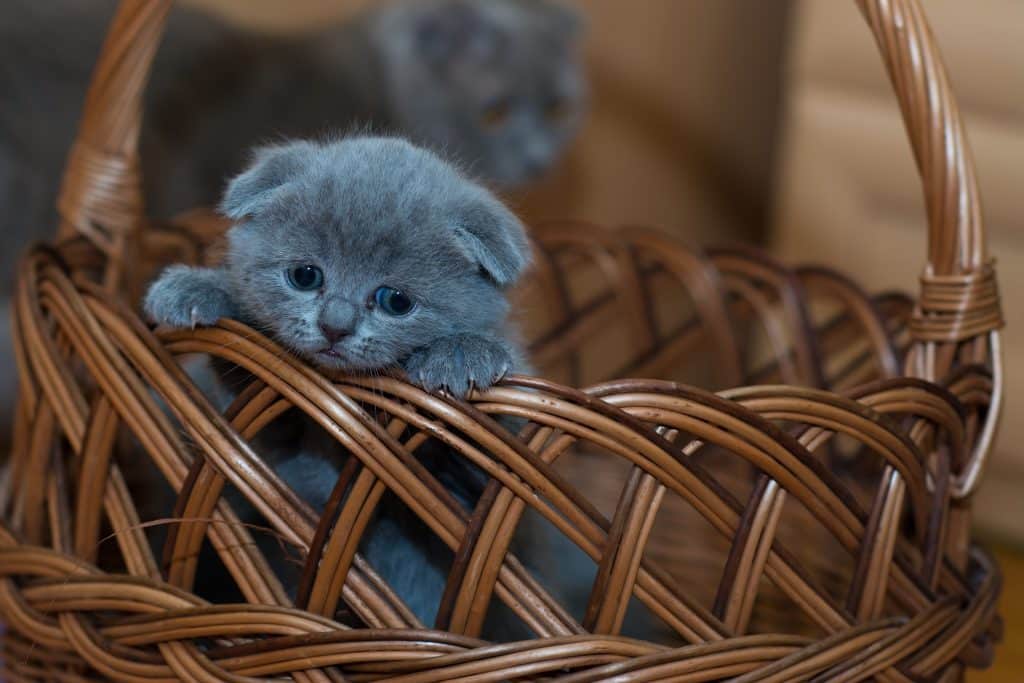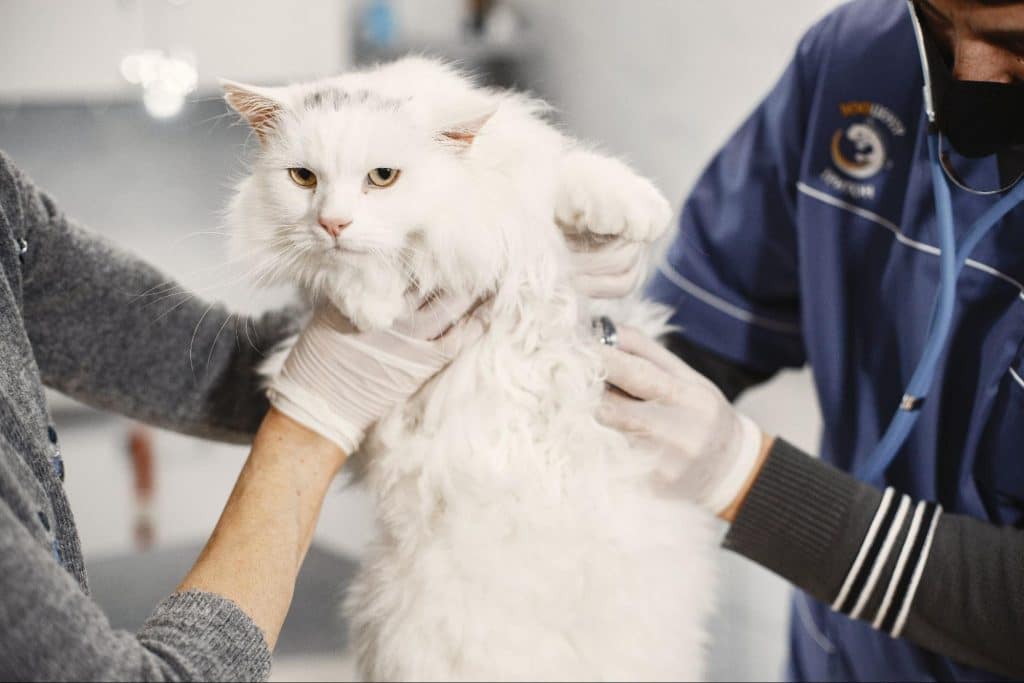
How to Take Care of a Kitten
Getting a kitten is such an exciting time. You’re looking forward to cuddles, purring, and playtime with your new fur baby. It can also be an overwhelming time if you’re not quite sure what you’re doing.
This is especially true for baby animals, and kittens are no different. Although a bit more independent than a dog, kittens still need lots of love, looking after, and care.
Read on to find out more about the process of kitty-proofing your home, purchasing pet supplies, litter box training, pet insurance, and establishing veterinary care.
Kitten-Proof Your Home
Bringing home a new kitten is very exciting.
But some owners forget a crucial step when bringing their new baby home for the first time…the home needs to be kitten-friendly.
While kittens are playful, they’re also curious and mischievous, somewhat like toddlers can be.
This means kitty-proofing your home so that your curious kitten doesn’t get into trouble around the house.
It’s time to consider your kitten’s access to things like electrical cords, trash bins, poisonous plants, and cleaning supplies and secure anything potentially dangerous.
Here are some tips for keeping your kitten safe:
- Keep poisonous plants out of reach. Some house plants are dangerous to pets if eaten such as azaleas, lilies, daffodils, iris, hyacinths, and tulips. The toxicity of each plant varies if a cat chews on it.
- Securely cover up electrical cords. Unsecured wires, lamp cords, and extension cords are dangerous for cats to chew on. You can simply tape down any cords or put them behind furniture where they can’t reach them.
- Clear any choking hazards. Kittens may dig through trash cans and can easily get sick if they eat something bad. Just in case, keep your trash cans closed when bringing home a new kitten. Also, be aware of dropped food items. If you have young children in the house who leave small toys or food items on the floor, make sure these items are away from your playful pet.
- Secure objects on tables and countertops so your kitten doesn’t chew on them or pull them down onto himself (or another pet) while playing.
Keep away medications or chemicals that may be dangerous for your cat. This includes cleaning supplies, insecticides, fertilizers, antifreeze, and other products you might have around the house.

List of Pet Supplies
Once your house is prepared for a new addition, you need the right supplies.
You will want high-quality kitten food, along with water bowls, a collar, and a cat carrier. A cat carrier is needed to take your pet to the veterinarian or travel with them in your car.
This is a list of common pet supplies for new kitten owners.
- Litter box, cat litter, and scooper
- Kitten food
- Training treats
- Cat collar and ID tag
- Food and water bowls
- Cat toothpaste and toothbrush
- Pet bedding
- Scratch posts
- Cat toys and catnip
- Nail clippers
- Cat hair brush
- Cleaning spray for accidents
- Cat carrier
Pet Insurance
To give your new kitten the best possible care, consider purchasing pet insurance. If your kitten gets hurt, pet insurance will help cover the costs. Shop around for a plan that makes sense for your family, but make sure it covers emergent care because those trips can be costly.
Remember: A kitten may require medical attention at some point, so it’s important to have access to enough cash for those costs.
Provide a Safe Space
Cats are naturally curious explorers. They may try to climb on top of furniture or walk across countertops. Due to your kitten’s small size, there are many heights around the home that are dangerous for your cat to jump from.
Instead of allowing your new kitten to roam freely, confine them to a secure area with a litter box for a few days. You might need to purchase some pet gates.
In addition, your kitten should be kept indoors to avoid straying and other potentially dangerous situations.
Litter Box Training Tips
Before you bring your new kitten home, you have to make sure they have a place to go to the bathroom and train them as fast as you can.
Cats can be rough on their litter boxes, so look for a litter box that is durable and easy-to-clean.
Enclosed litter boxes, or at least those with high sides, are one of the best types of litter boxes for kittens. This prevents them from kicking litter around on the floor. You can also use a litter catcher for the outside of the box. It has small divots that will catch litter as they walk out.
Tips to promote healthy litter box use:
- Provide your cat with a litter box that is easy for them to enter and exit.
- Place the litter box in a quiet, private area of your home and clean it daily.
- Create an enclosed space for your kitten to practice good litter box habits. This can be a small bathroom or laundry room so your cat is in close proximity to the litter box. Place their food, water, bed, and toys in the room to make them comfortable.
Establish Veterinary Care

To help your kitten live a happy and healthy life, routine vet visits are needed. A vet will help your kitten avoid diseases with vaccinations and identify any health problems during physical exams.
Not only will establishing veterinary care help your kitten grow into a thriving adult, but your vet will get to know your kitten’s ‘normal’. That way, if you notice something is off about your cat, your vet will know what to do.
Conclusion
With some planning, you can support your kitten’s growth as they adjust to life in their new home.
Westmonte Animal Clinic in Central Florida can help you navigate the joys and challenges of caring for a new kitten. You can lay a solid foundation of health for your new kitten at Westmonte Animal Clinic by calling our office today.
Services
Or call us at (407) 862-6892

